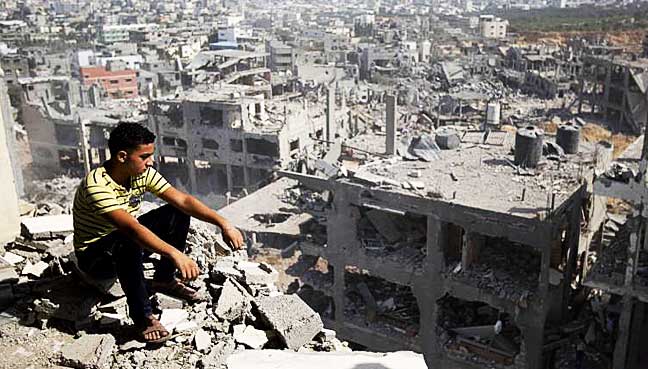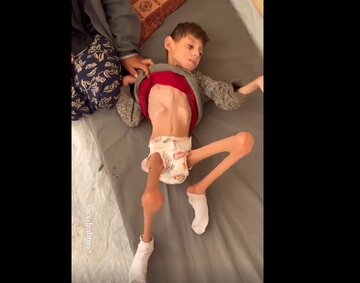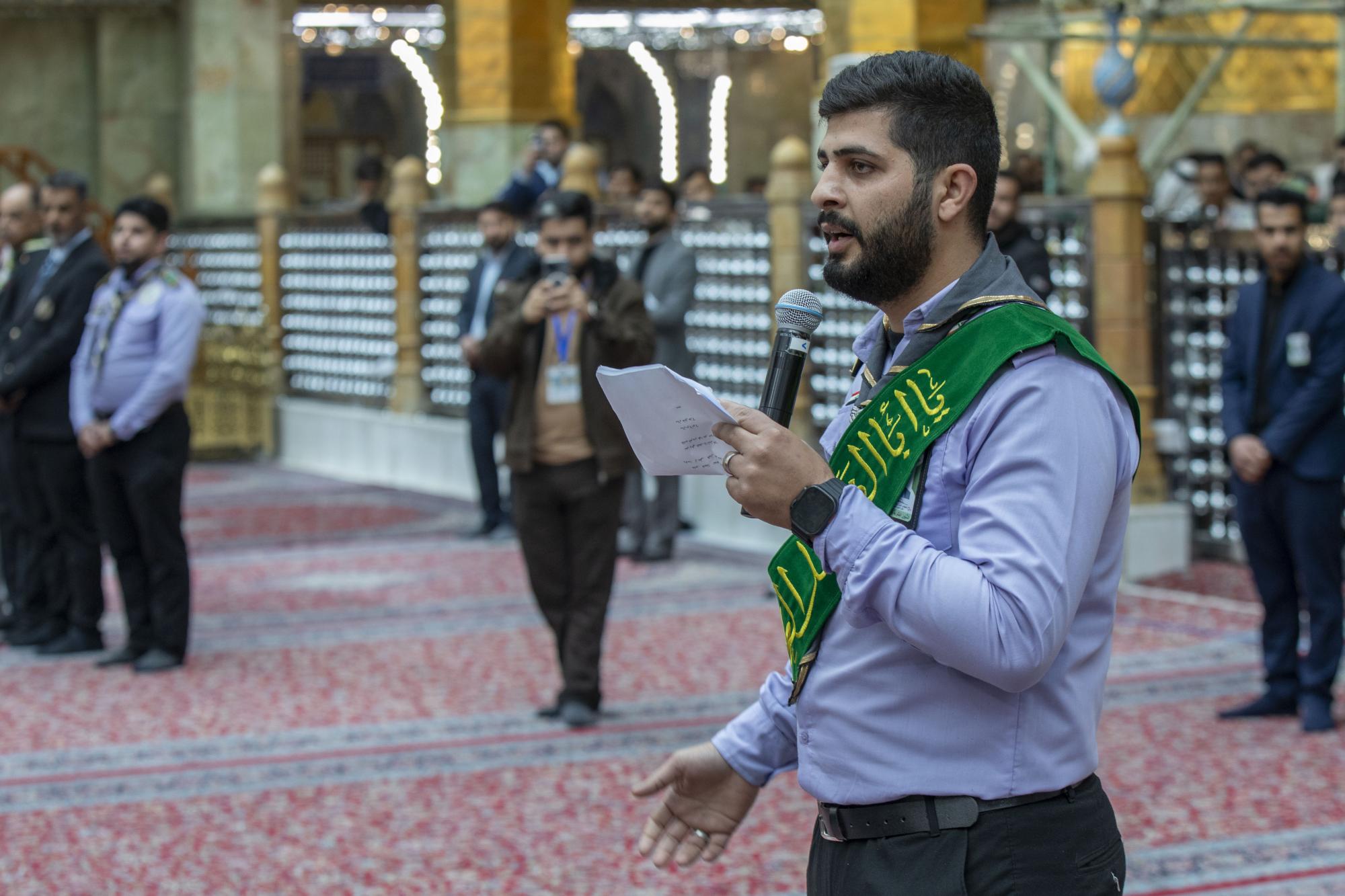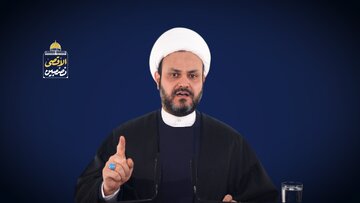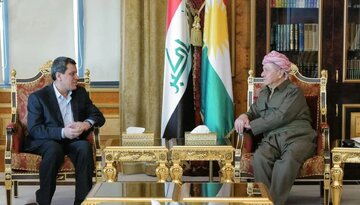A decade after the group Hamas seized Gaza, the Palestinian enclave is effectively unlivable for its 2 million people, with declining income, healthcare, education, electricity and fresh water, the new report revealed.
"Across the board we're watching de-development in slow motion," Robert Piper, the UN Coordinator for Humanitarian Aid and Development Activities in the occupied Palestinian territory, said.
"Every indicator, from energy to water to healthcare to employment to poverty to food insecurity, every indicator is declining. Gazans have been going through this slow motion de-development now for a decade," he told Reuters.
Immediately after Hamas took power, Israel moved to isolate the militant group by restricting the flow of goods and people in and out of Gaza, limiting access to the sea and working with Egypt to enforce a blockade.
At the same time, Hamas has been in near-constant dispute with the West Bank-based Palestinian Authority, prompting the PA to limit financial transfers to Gaza and, in recent weeks, asking Israel to cut back electricity supplies.
I see this extraordinarily inhuman and unjust process of strangling gradually two million civilians in Gaza that really pose a threat to nobody
Electricity supply, this year "the most visible deterioration in the living conditions in Gaza"– is as low as at 90 megawatts in recent days against the 450 megawatts needed.
By 2020, if growth picks up, Gaza will require up to 850 MW a day, but supplies are unlikely to top 360 MW.
The upshot is that Gaza's population, which is projected to grow by another 10 percent in the next three years, is being squeezed on all sides, even as resources become more scarce.
Gaza is a narrow wedge of land on the eastern Mediterranean, barely 40 km long and around 10 km wide, with most people living in densely packed, low concrete tower blocks, and many areas damaged in past bouts of fighting between Hamas and Israel.
Piper sees ways in which conditions could quickly be improved without significant risk to Israel's security, including expanding the fishing zone off Gaza to 20 nautical miles from six currently. A freer flow of goods, including water pumps, elevators, wood, steel, cables and other electrical equipment, would also help.
Resolving the struggle between Hamas and the PA is essential in the long-run, but Piper says improving Gaza's health, education, sanitation and growth is critical for Israel as well.
/106

